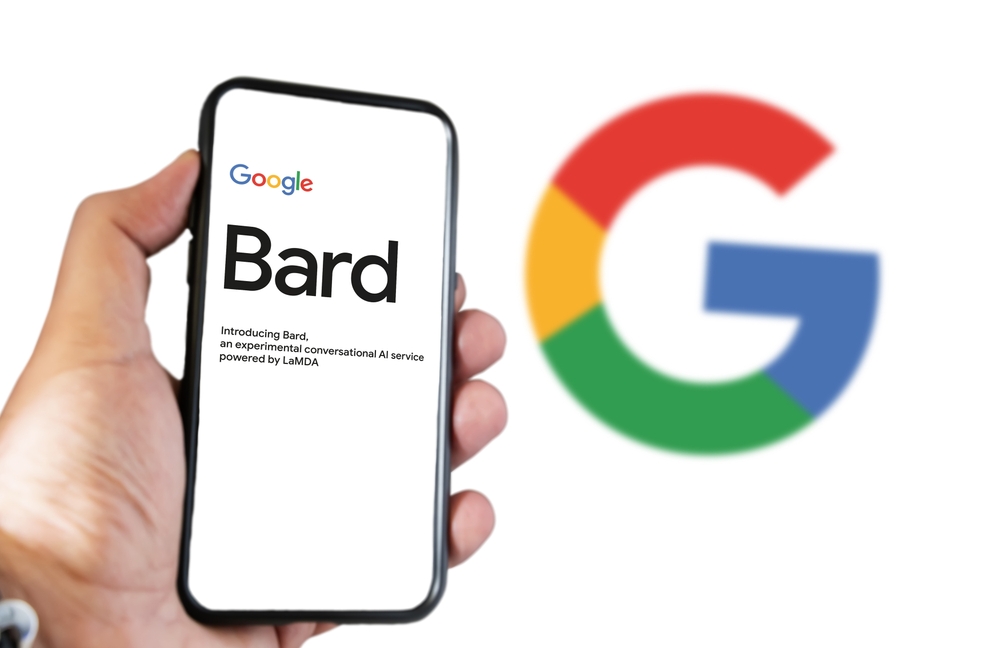Despite the rapid rise of neural network-based chatbots like ChatGPT by OpenAI and Bard by Google, they face numerous drawbacks, particularly regarding privacy.
Indexed User Chats in Google Search Results
Researcher Gagan Ghotra was among the first to observe links to user chats with the Bard bot in Google search results. Clicking on these links reveals the entire chat history between users and the AI algorithm. While user identities are concealed in the conversations, there may still be confidential information within them. Ghotra alerted users to this issue via a social media post on X/Twitter.

Google’s Explanation and User Criticism
Peter Liu, a researcher at Google-owned DeepMind AI, attempted to explain that the search results included links to chats of users who utilized the “Share” function. This function allows users to share chatbot conversation results, but many users found this explanation unsatisfactory. They believed that when using the Share function, the intention was to share with specific individuals, not to make the conversations publicly accessible on the internet.
Differences in AI Bot Chat Indexing
The indexing of AI bot chats differs from the Share feature in Google’s other products like Google Docs and Google Drive. Google enterprise products even include a warning about sharing content with individuals outside of one’s organization’s domain. However, there is no such notification for Bard, leaving users unaware that their communication with the bot can be indexed and made public, notes NIX Solutions.
Google has acknowledged the issue and is actively working on a solution. According to Danny Sullivan, a Google public relations representative, “Bard allows people to share chats if they wish. We also do not plan for these chats to be indexed by Google. We are currently working to block their indexing.”
